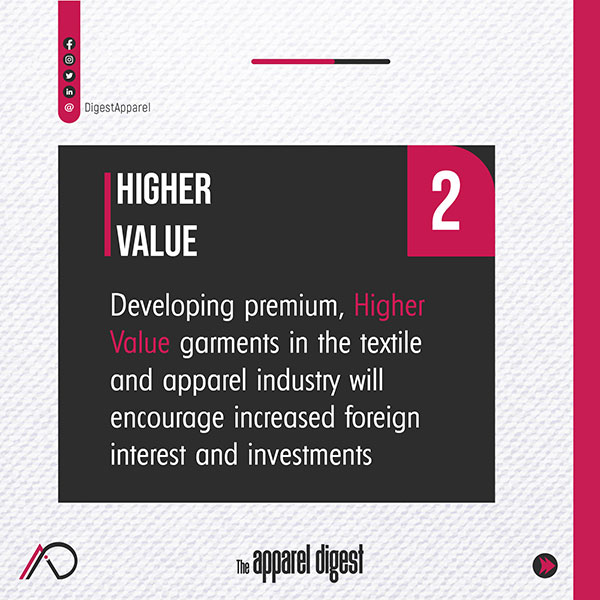According to a new study, renting clothes, which has long been regarded as one of the “options” to fashion’s sustainability challenge, is worse for the environment than throwing them out.
The study, which was published in the Finnish scientific journal Environmental Research Letters, looked at the environmental impact of five various methods of garment ownership and disposal, including renting, resale, and recycling.
The findings prove that reducing, followed by reusing, was the scenario with the lowest global warming potential. Textile recycling produced shockingly high emissions (though it’s still better than the “base” scenario of throwing garments away). Still, the scientists discovered that borrowing clothing from rental services had the most prominent global warming potential of the five methods when done on a big scale.

Renting apparel has been promoted as a more ecological and cost-effective alternative to fast fashion by organizations like Rent the Runway and public people such as Carrie Symonds, who hired her wedding gown and outfits for the G7 summit. Gwyneth Paltrow serves on the Rent the Runway board of directors, while Ralph Lauren just announced the launch of a rental collection.
The expanding industry, which GlobalData estimates will be worth £2.3 billion by 2029, has been hailed as a viable answer to the garment industry’s environmental crisis. According to research released this year by the World Economic Forum, the industry is responsible for 5% of world emissions.
According to the report, many rental companies use the term “circular economy” to describe a system in which clothes are passed from person to person before being recycled as a type of greenwashing. “No executive wants to overhaul their business, and that’s what ‘going green’ will require, not tweaks but an entire overhaul,” Dana Thomas the famous fashion journalist explained. “They are too concerned with short-term rewards to make long-term investments. “Only regulation will solve that problem. No company, in any industry, will volunteer to take a loss for the sake of the planet. They’ll do so when it’s the law. The biggest obstacle is greed.”
According to the latest study, if rental companies improve their operations to be more ecologically friendly, renting would be on par with resale in environmental impact. It was also discovered that buying fewer items and wearing them for as long as possible is the most environmentally friendly method to consume fashion. “Do you want to be long-term? Dana Thomas said, “Buy less, buy better.”

